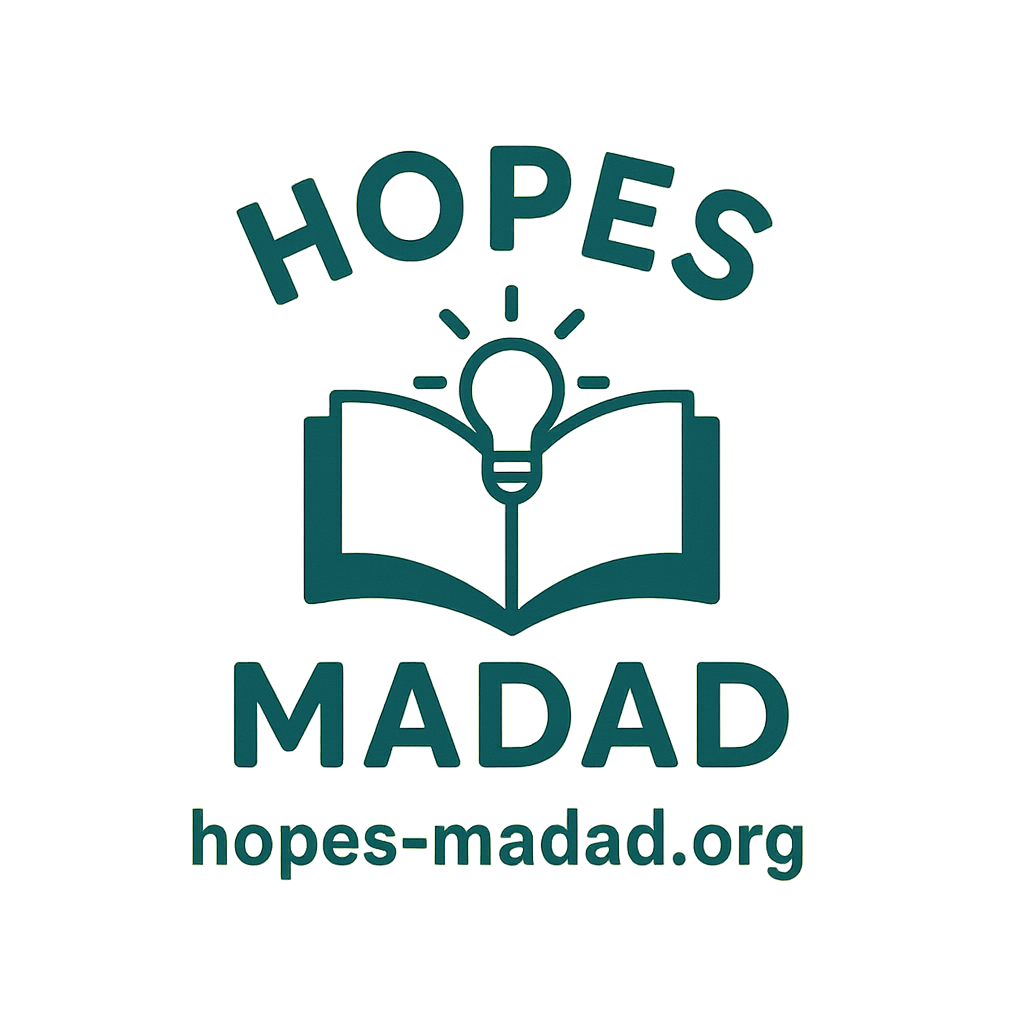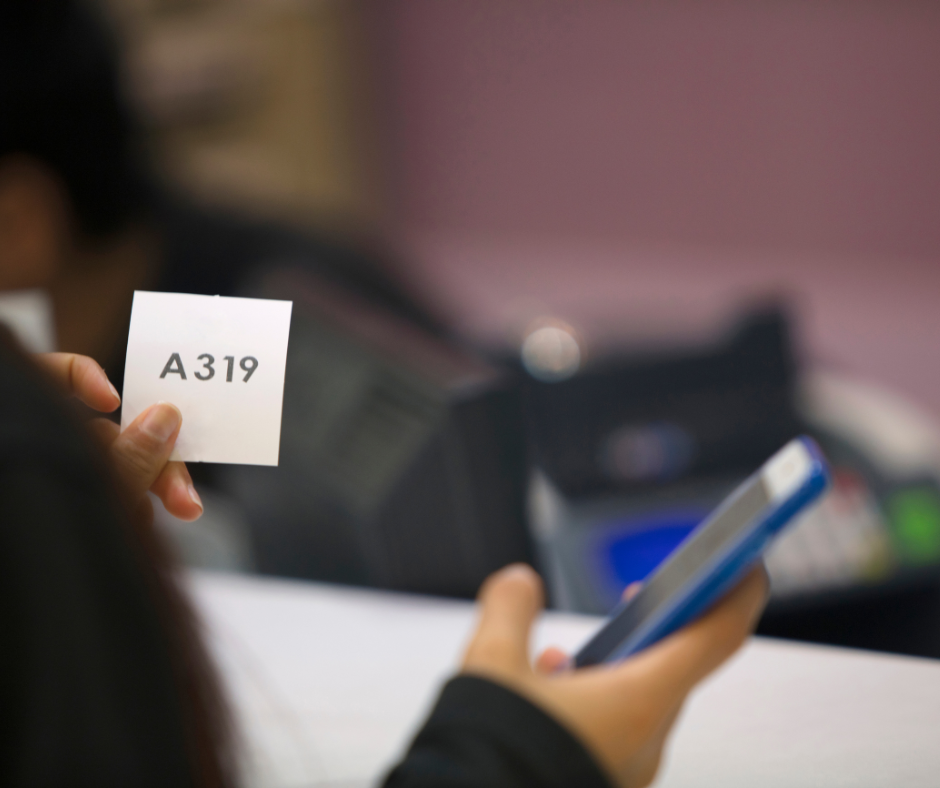I didn’t work on HOPES–Madad. I met it sideways: friends came home from busy offices with stamped pages and short lists that moved their week forward. Later, after the kids were asleep, I read partner summaries and evaluations so those kitchen-table stories made sense. Here’s the plain version with the numbers people always ask for, plus what shifted when the Lebanon-only follow-on took over.
What HOPES–Madad was
HOPES stands for “Higher and Further Education Opportunities and Perspectives for Syrians.” “Madad” was the EU fund that backed it. A consortium led by DAAD, with the British Council, Campus France, and Nuffic, ran the programme across Egypt, Iraq, Jordan, Lebanon, and Türkiye. The model wasn’t a single door; it was a bundle that tended to open together: academic counselling, scholarships, English and preparatory courses, small local projects, and structured talks so ministries and universities weren’t reinventing solutions in separate rooms. The main regional phase ran roughly 2016 to 2020.
What the numbers say
Beyond anecdotes, a few figures give shape to the impact:
- English and prep track: 10,283 entry tests delivered, 8,514 course places offered, and 4,314 completions recorded across the programme period. In the final year alone, 404 learners completed IELTS.
- Higher-education portfolio results: in the EU’s own roll-up, the higher-education slice exceeded its aggregate target as of March 2022, with 8,301 people reached against a target of 7,628.
- Scale and spread: hundreds of scholarships were awarded; counselling “desks” advised large numbers across the five countries; dozens of local, small-grant projects delivered practical fixes that had outsized effects.
Those are the formal outputs. They match what I watched up close. One friend would come back with “the three steps” written on a flyer: what to bring, where to take it, when to return. Another would show a timetable for an evening English class that made a day shift survivable. A third would tell me a tiny grant fixed a classroom door and suddenly every session started on time. None of that is glamorous. All of it moves a week forward.
Was it perfect? No programme clears every barrier in five countries during a long crisis. But HOPES was consistently good at the last mile: turning a rule on a website into a stamp on a copy and a date you can put in a diary.
What changed with HOPES-LEB
When the regional phase wound down, a Lebanon-only follow-on called Hopes-Leb ran through 2023. Three shifts stood out.
- Depth over spread.
The regional model spread effort across five systems. Lebanon concentrated it inside one system under heavy strain. That allowed quicker tweaks at ground level: a translation norm clarified, recognition questions settled across a smaller set of actors, evening timetables adjusted when power cuts made mornings impossible. - Pathway thinking end-to-end.
Counselling and study support stayed central, but the Lebanon phase talked more explicitly about the full pathway: prepare, enter, complete, and then move into work. Employability and transitions weren’t an afterthought; they were part of the design. - Dialogue with teeth.
Policy conversations became regular and structured because the system itself was wobbling. Those meetings fed back into intake calendars, document rules, and recognition practice. On the ground that looked like fewer contradictions at counters and faster answers to specific questions.
Where things stand now
The EU’s Madad fund wound down in 2021, the regional phase ended earlier, and the Lebanon phase closed after. Funding instruments changed names, but the day-to-day work didn’t vanish. Recognition desks still check documents. Universities still run intakes. Ministries still publish rules that are mostly right and sometimes late. That’s the landscape this blog writes for.
Why I care (and how I write because of it)
My first real encounter wasn’t a launch event. It was a friend holding a scrap that said “bring translation, Tuesday, stamp on copy,” and looking like air had come back into the day. Another friend finished a degree she had paused twice; the surprise wasn’t only the scholarship, it was the check-in that fixed a timetable clash before it turned into a reason to quit. For me that’s the difference between “access” as a promise and “access” as a week you can live.
So I keep the last-mile bits in reach. Photograph what you hand over. Ask one question per email and include the intake month and year. Leave a short slot with three written steps and a date. Bring a coin because the copier still refuses cards. These are the small moves that hold up under real noise, long after the banners come down.
If your experience looked different — maybe your university leaned harder into employability from day one, or your recognition journey hinged on a rule I haven’t covered — tell me. I’ll add it. The point isn’t to archive a programme. It’s to keep the helpful part close for the next person standing under the humming light with a numbered ticket and a folder.

